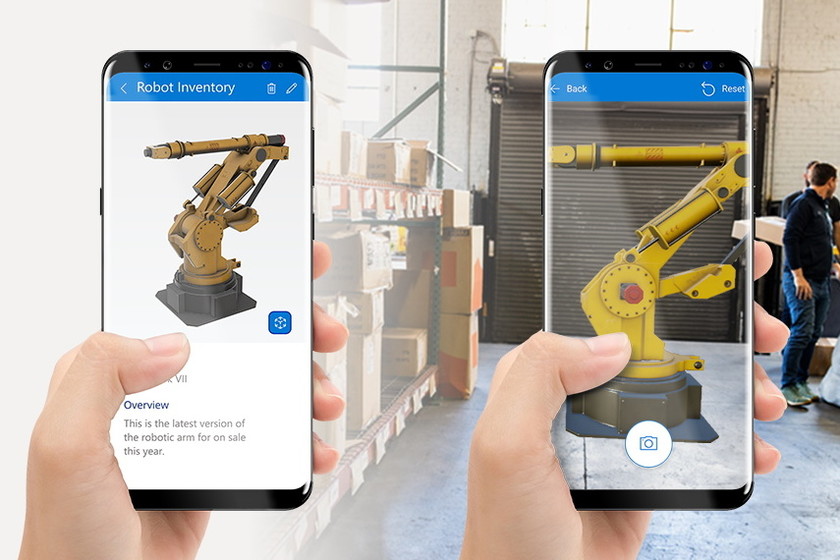



5 years ago, during the event Convergence 2015 held in Barcelona, Microsoft released the Power Appsa service-oriented businesses that made it easier to create custom applications without resorting to barely or not at all to the use of code (what is often called a ‘platform low code’).
This service, hosted in the cloud Azure, is offered in the form of mobile applications, desktop and web, and was able to extract data hosted in a wide variety of sources (from databases to social networking, through hosting services such as Dropbox and Onedrive or Office 365 suite through Microsoft Graph).
Microsoft, which for some months has to compete also in this field with Google (owner since a few months of AppSheetanother platform low-code) indicates that has experienced an increase in the number of users since the crisis began of the coronavirus and the companies began to bet on telework.
Now, the latest beta of PowerApps, for now only in its mobile version (iOS and Android), has added several new developments that add to its appeal for large enterprises.
The first of them, the integration in a single software-based applications to Canvas, and the model-based, which until now required separate installations.
As of now I only run thanks to the same software, but the users of Power Apps will be able to pin these apps to the home screen of their mobile devices for enjoy an experience similar to that offered by the native apps.
The other big news of Microsoft Power Apps is the inclusion of functions linked to the mixed reality, a novel technology in enterprise applications that can now be implemented in the same without just resorting to programming.
Thanks to the capabilities of augmented reality on smartphones of last generation, it will be possible for users to create 3D models of an object and to check, for example, if set to a working space determinedthanks to linear measurements and volumetric.
The integration of numerous data sources allow you to automate this kind of processes and to integrate them into the workflow management of the real-world of factories, shops or warehouses.
The functions of mixed reality will not be available for all users who wish to may: by now, the only option for you to try passes request to Microsoft to participate in a pre-release private.
it was originally published in
Engadget
by
Marcos Merino
.
Exploring the Top 5 Voice AI Alternatives: What Sets Them Apart?
How iGaming Platforms Ensure Seamless Integration of Casino Games and Sports Betting?
The Rise of Spatial Computing: Evolution of Human-Computer Interaction
Data Loss on Windows? Here's How Windows Recovery Software Can Help
Integrating Widgets Seamlessly: Tips for Smooth Implementation and Functionality